Michael Moore's New Film Features Portugal's Groundbreaking Policy of Not Arresting People for Drug Use
Drug Policy Alliance

Watching Moore’s film may be the first time many Americans get a bird’s eye view of Portugal’s groundbreaking approach to drug policy. It may also be the first time many of them see the prisons in Norway, where inmates are taught how to reintegrate into society by allowing them to live as much like normal people and as little like prisoners as possible. Kudos to Michael Moore for showing what’s possible when we shift from punishing people to finding ways to help them...

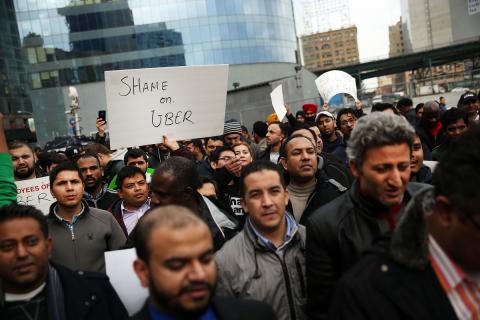
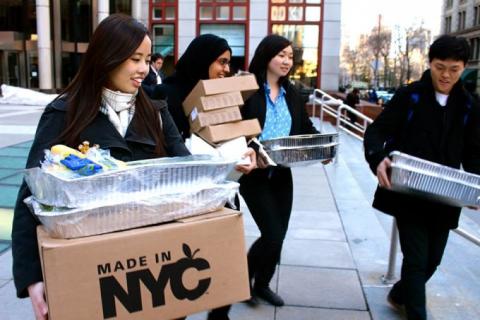
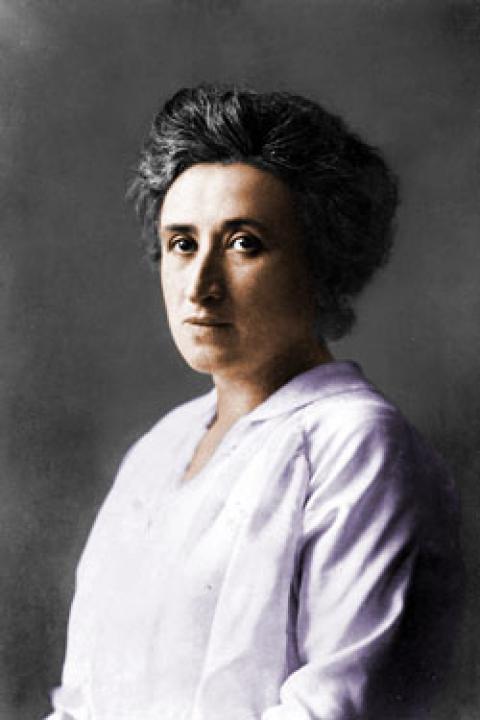

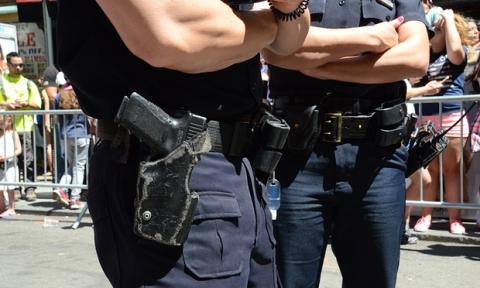

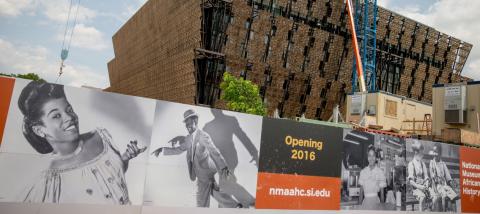
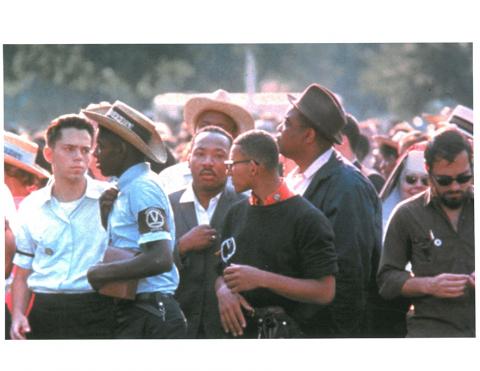
Spread the word